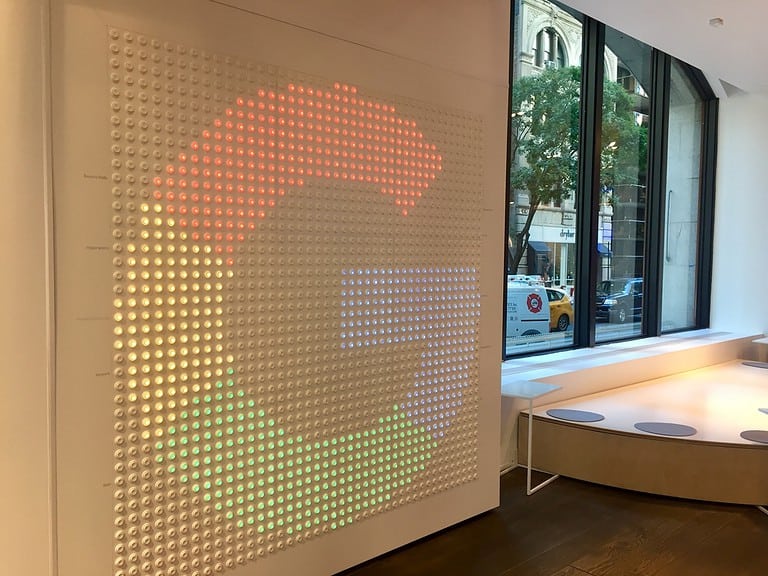Google outlines the changes it is making to comply with the Digital Markets Act. Due to the changes, businesses generate less web traffic on their pages, while developers can offer alternative payment systems to app users.
Google, as “gatekeeper,” must comply with the Digital Markets Act (DMA). The EU decided that in September 2023. This week, however, the rules tied to this appointment become punitive. Google is therefore announcing today the areas in which it will make changes to comply with the legislation. The changes apply only within Europe.
Company pages lower in search results
First, changes have been made to search results. That should steer Google Search users toward Web sites that compare products for the user. Consider, for example, websites that compare hotel offerings. Such websites generate more traffic because of the new changes. At the same time, Google states that it has removed features that help users search for businesses. Consequently, business pages lose traffic from Europe.
Tools for developers
For developers, the biggest change comes in terms of payment options for purchases made in an application. There, developers will now be able to offer alternative payment systems beyond those provided by Google Play.
A change to allow Android users to download applications from alternative app stores than Google’s will not come. That’s because third-party app stores have been getting support from Google for a long time. Apple did have to make adjustments in this area to come into compliance with the DMA. However, the adjustments made to sideload apps from third-party app stores already received a lot of criticism.
At the same time, developers do get more opportunities to direct users who downloade an application via Google’s Play Store to websites outside the app that promote offers, for example.
Also read: How do you prepare for the DSA or DMA, if it applies to you?
